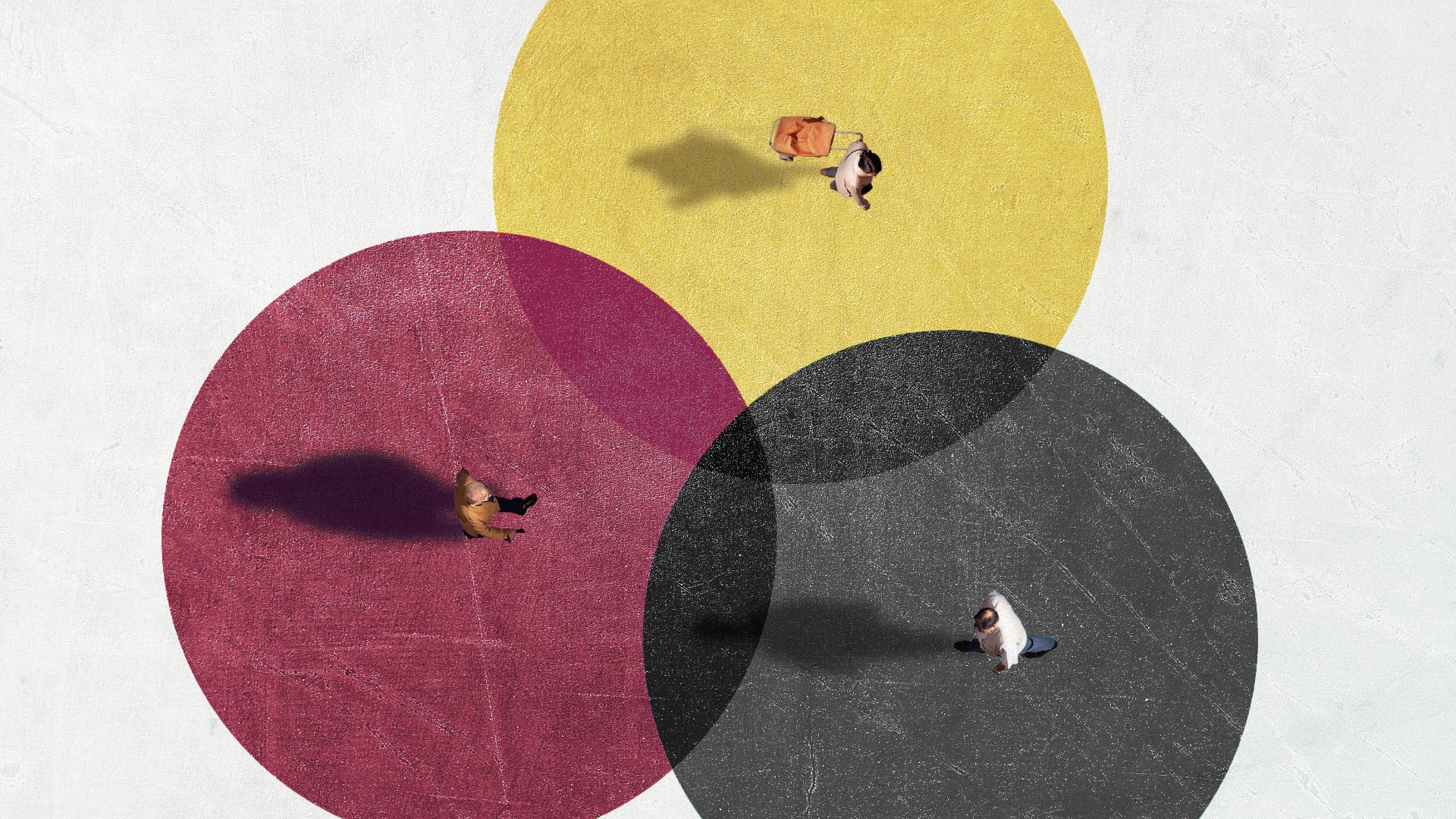Did you know there is a “microbe of the year” contest? I came across it only recently (no, not in my fridge), when the German Association for General and Applied Microbiology (VAAM) announced the lucky winner for 2025.
The scientists were vague about their selection process. I can only speculate about a micro-shortlist followed by a micro-pageant with the usual questions like: “What are your career aspirations?” And after nine microbes opted for bringing about world peace, the jury must have gone with number 10, Corynebacterium glutamicum, because it boasted about the 3.5 million tons of the flavouring agent sodium glutamate it produces each year.
Sadly, media attention for this superstar of the amino acid world was microscopic, too – in contrast to another, much less impressive “of the year” winner: the Unwort, the non-word of the year.
Germans have a “word of the year”, too. The latest one was “Ampel-Aus”, referring to the end of our traffic-light government coalition.
Since 1977, the word has been chosen by renowned society Gesellschaft für Deutsche Sprache, but not according to frequency. The word needs to have particularly shaped the public debate or appear to be characteristic for the year in question, like a tree ring.
It was “Aids” and “condom” in 1987, “Teuro” (playing with “teuer” – expensive – and Euro in 2002), “Bundeskanzlerin” in 2005 and “Flüchtlinge” (refugees) in 2015. With the wort des jahres, the selection isn’t about taking sides for or against a phenomenon or event but simply documenting it.
The opposite is true for the non-word. Here, a handful of linguistic watchdogs have earned themselves the reputation of Tugendwächter (guardians of virtue) as they dabble in language policing by going after terms “that violate factual appropriateness or humanity”.
Each January since the 1990s, they ritually proclaim the most dubious term in ethical regards. But unlike the microbe, the Unwort receives wide media coverage and even makes it into Germany’s most-watched evening news.
For all its lofty intentions, it’s easy to detect a bias in the Unwort-choice. Migration (“Pushback”, “Remigration”, “Sozialtourismus”) and climate change (“Klimahysterie”) feature prominently. Also “Lügenpresse” (the lying press) and “alternative facts” were non-words in recent years.
In 2022, when an obvious choice could have been Putin’s “special military operation”, the jury opted for “Klimaterroristen” instead as the morally most offensive, misleading or harmful term of the year, criticising that people who glue themselves to streets or throw soup at old masterworks shouldn’t be compared to terror.
This January, the chosen Unwort is “bio-deutsch” – biological German, used to describe people who are ethnically German, as opposed to those who went through the process of naturalisation. Their stated reason: “The division into supposedly ‘real’ Germans and second-class Germans that goes hand in hand with the use of bio-German is a form of everyday racism.”
But it’s so much more complicated. Unlike Kartoffel (potato), which was always a derogatory term for Krauts used in schoolyards and elsewhere, the genesis of “bio-deutsch” is quite heartwarming. The cartoonist and comedian Muhsin Omurca has used it on stage since 1996, when speaking about his experience that even with a German passport, as a “certified German”, he felt he could only ever make it to “privileged Turk”, never to “bio-Deutscher”.
Today, the term has been adopted by far right circles, too, minus any sense of irony. But unlike the word “Pass-Deutscher”, which they solely use to downgrade naturalised citizens, bio-deutsch is a term worth fighting for. It is used affectionately both by people like Cem Özdemir, a Green Party cabinet member who calls himself a Turkish Suebian, and by those “who have lived here a little longer”, as Angela Merkel once put it.
Why now put it into the Unwort-box, when a majority of the population uses its funny ambiguity – and just because it can be used in a cynical and derogatory way, isn’t that the complexity that defines language in the first place?
Luckily, more and more journalists are starting to question why the Unwort, chosen by a group of four self-appointed, “institutionally independent language critics” plus a guest juror, receives so much attention.
Side note: There used to be an “Anglizismus des Jahres” as well, for words taken from English. The selection included influencer, shitstorm, fake news, lockdown, boostern – all of which are now fixtures in the German language.
The contest stopped in 2021, presumably because its organisers just gave up. Because: languages evolve. And isn’t that just wunderbar?




